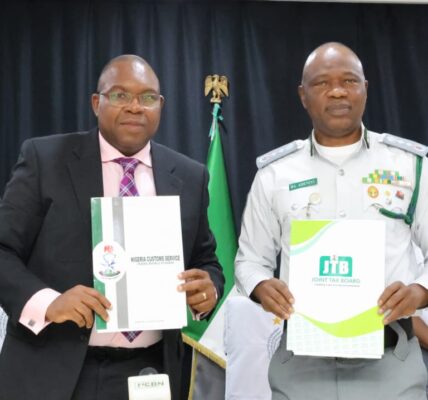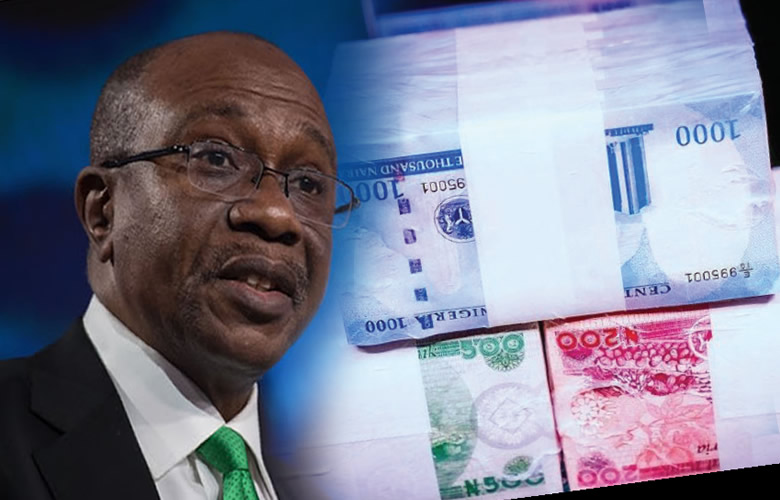Inability of FG to harmonise roles of development banks’ causing confusion, leakages
Investigations by Business Hilights on the activities of three major development banks of the federal government have revealed strong possibilities of roles overlap, redundancy and leakages of funds for development into wrong hands.
A report by the leading online publication showed that virtually all the development banks including Bank of Industry (BoI), Bank of Agriculture (BoA), The Infrastructure Bank (TIB) and the latest in the league, Development Bank of Nigeria (DBN) showed that all the four banks seem to be playing similar roles and are in the habit of running away from their respective core functions.
It would be recalled that experts had resisted the recent introduction of DBN, but government went ahead to introduce it saying, it is coming to push up the activities of Small and Medium Enterprises (SMEs) and other related budding business.
Besides, the Business Hilights report observed that “the federal government failed to make the necessary adjustments on the functions of existing development banks so as to limit chances of roles overlap and duplication which can lead to leakages of scare resources”.
The report added further that “Today, almost all the development bank including the latest DBN are all in the race of promoting SMEs, thus leaving the operators confused on which particular bank they will approach for partnership or technical assistance.
Only recently, the Bank of Industry, officially created to drive the stability of the manufacturing sector continued to dabble into SMEs affairs leaving manufacturing outfits to be running from pillar to post searching for assistance.
This abuse of functions due to government’s inability to streamline the roles of the development banks encouraged BoI to float ‘MarketMoni’, one of Federal Government’s social intervention programmes which has nothing to do with industries.
BoI recently sealed a pact with the Rural Finance Institution Building Programme (RUFIN), an initiative of the Federal Ministry of Agriculture and Rural Development (FMARD), to provide access to soft loans to 100,000 small businesses.
The report said “under normal circumstance, such pact or initiative is supposed to have been sealed with the Bank of Agriculture (BoA), but BoI did it because government failed to harmonise the roles of its development banks.
BoI claimed that the new partnership is part of the Federal Government’s activities to stimulate the Nigerian economy and deepen financial inclusion for the economically active rural poor.
The partnership also signals the commencement of events by BOI to reach 100,000 new beneficiaries of MarketMoni through RUFIN across Nigeria’s six geopolitical zones within the second quarter of 2017, as accredited individuals will have direct access to quick, easy and interest-free loans of between N10,000 to N100,000 for up to six months at no other costs except a one-time five per cent administrative fee.
The Bank of Industry said it hopes to leverage the success of RUFIN’s financial empowerment efforts across 12 states in Nigeria in order to reach its target GEEP market. “Already, the first phase of the loan disbursements is ongoing across Katsina, Nassarawa, Zamfara, Edo, Oyo and Lagos States, driven by RUFIN-mentored microfinance banks (MFBs) and microfinance institutions (MFIs).
Acting Managing Director of BoI, Waheed Olagunju, confirmed that the partnership is aligned with the bank’s objective of expanding access to credit for people running micro enterprises below the bottom of pyramid, majority of which are women.
He revealed that “The participating MFBs and MFIs include BOWEN MFB Limited, Evbovbiorhon Community Farmers Savings and Loans Cooperatives Ltd (ECF), Rural People Development Initiative (RUPEDIN), Self–Reliance Economic Advancement Programme (SEAP) and Development Exchange Centre (DEC)”, a statement from the bank said.









